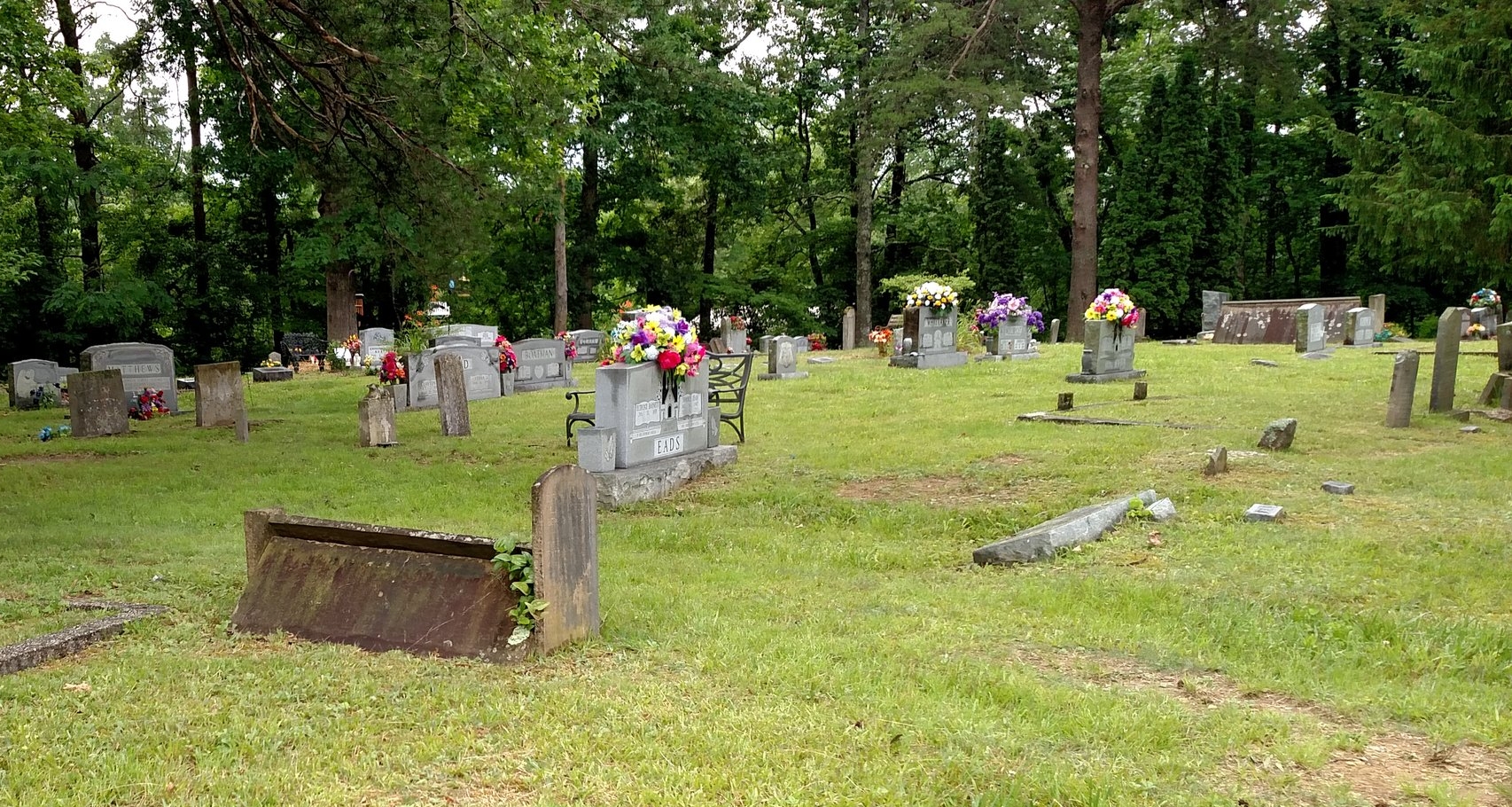New Potatoes
/Most homes on the mountain have a little vegetable garden – okay, most of the gardens are pretty big. And potatoes are one of our main staples. You may recall I mentioned here that I was raised to understand you needed bread with every meal, well you gotta’ have ‘taters too.
This time of year (or a little earlier if you were ambitious in February) the gardens begin to yield little new potatoes. We boil them in their skins with a little oil (bacon drippings or lard if you’ve got it), slather them in butter, add salt and pepper and it’s one of the best meals of the summer. Well at least it seems like it at the time because if you raised your potato crop by this time of year they’re pretty shrivelled and soft. And after all, we only get “new” potatoes for a little while before the skins start to get thick and you’re wanting to peel them.
Maybe I’m so thrilled to get these potatoes because of the childhood memories they trigger. My whole life I remember going to the garden with Grandpa Livesay and digging out a mess of taters. The dirt around the plants was loose and piled high on the stems so my fat little-girl fingers could just about scoop them right out of the ground. He’d carefully drive a pitchfork in and we’d all exclaim over the number of little white spuds that popped out – after all this is the prediction of the winter’s potato crop and we thought we’d starve if we didn’t raise a bountiful enough crop.
My grandpa was not a Christian until the very end of his life yet he always knew The Good Lord was providing this produce by the sweat of our brow – well mostly his brow.
Joy and Ricky Orias
With our day’s harvest in a bucket we’d go to the barn where there were barrels of rainwater caught for cleaning things like this. Since we no longer needed to catch the water for drinking, you could plunge your hands straight into the cool barrels, cleaning both the food and the child.
We have missionaries from The Phillipines staying with us, and partaking of tonight’s early summer treat. I asked if they grow this kind of potatoes – sweet potatoes are a staple for them. She said, yes but we don’t eat the skins. I bet she has a similar childhood memory for she grew up on a farm as well and little girls on farms have gotta’ have similar memories, don’t you think?





![Mother_Of_John_Whittaker_Stone[1].jpeg](https://images.squarespace-cdn.com/content/v1/52463db6e4b08b502162937d/1496663192474-2S54ZWV2H8ADDG43DN4Y/Mother_Of_John_Whittaker_Stone%5B1%5D.jpeg)









